In this very special episode of The Happy Doc, Taylor…
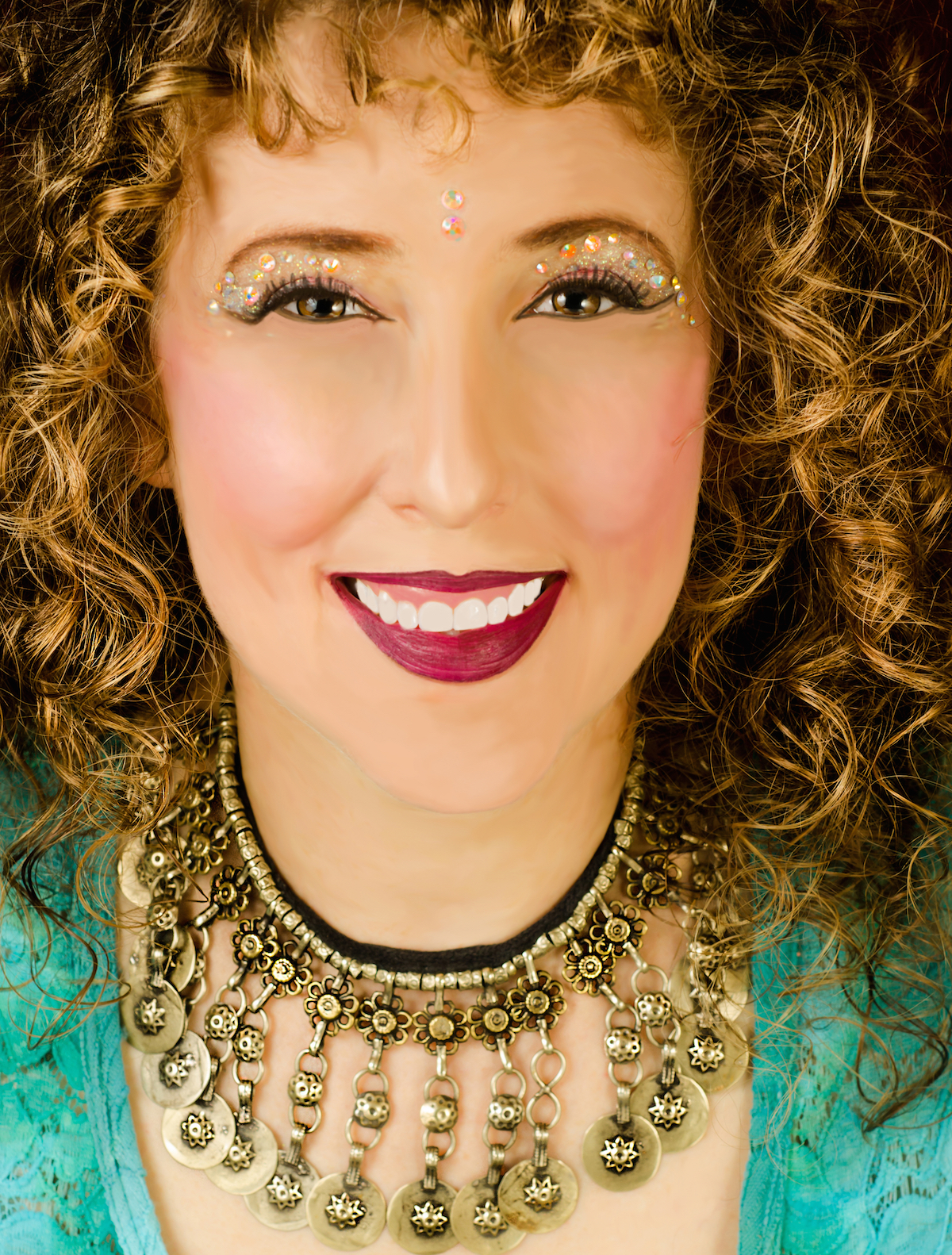
The Leader of Ideal Medical Care – Dr. Pamela Wible
[podcast src=”https://html5-player.libsyn.com/embed/episode/id/5566246/height/90/width/450/theme/custom/autonext/no/thumbnail/yes/autoplay/no/preload/no/no_addthis/no/direction/forward/render-playlist/no/custom-color/88AA3C/” height=”90″ width=”450″]
I felt like they were trying to slaughter my soul in medical education. I held onto it… the way that I did that by the way was to continue crying and feeling, I refused to get numb. I know they wanted me to become numb, and I couldn’t allow myself to stop crying, because I felt like the moment I stopped crying, they would win. I was not willing to let go of my soul.
Dr. Pamela Wible is a family physician in Eugene, Oregon and founder of Ideal Medical Care, a Family practice model designed by patients and for patients. This is a woman on one mission, to bring the humanity back to the healing profession.
You may know Pamela through her work studying the taboo subject of physician suicide, but her message is ultimately about uplifting, humanizing, and transforming medical care. To spread her voice she has been featured on mediums such as NPR, TEDMED, Ted Talks, ABC News, CNN, Washington Post, and much more. She has authored books including Pet goats and Pap smears, 101 medical adventures to open your heart and mind, and Physician Suicide Letters rated a #1 Amazon best Seller in Medicine and Psychology. Dr. Pamela Wible is a leader of a revolutionary but simple mission, to heal the healers. It is by living out this dream she undoubtedly is healing the masses.
My call to action for this week is for everyone listening to support Pamela’s latest work in the “Do No Harm” documentary where we learn about Doctors who take their own lives and the systemic issues that are causing it. I ask each listener to go onto Kickstarter and pledge at least $1, but come on guys can we make it $5? Click on the link above and support this groundbreaking documentary.
Check out Pamela’s Website and be a part of the healer revolution: http://www.idealmedicalcare.org/
***
Join The Happy Doc Team! Link in to the social media, subscribe to the podcast, and join the e-mail list on the sidebar!
***
Sample of the conversation:
A Deep Depression
My only value, as a physician in the United States, felt like a revenue-generating robot for corporate medicine, in seven-minute increments. If I wasn’t willing to just do a good job in seven minutes, document everything, and bill at a higher level than I actually provided treatment, I was not considered a good doctor in the United States. I mean the only thing that dug me out of that first year of medical school, that depression, was this vision that I had for my future. So when my future vision was crushed by the reality of what it’s like to practice what I call assembly line medicine, I felt like I was adrift and there was no reason to be alive.
What is a common “blind spot” that you have noticed when it comes to your work in healing health professionals?
I think the blind spot is that we suffer silently and we stay in denial for way too long individually, we don’t even recognize that we’re suffering until it gets out of hand. So I really really believe that we should start bonding with each other as brothers and sisters in medicine, asking for help, sharing our stories.
And, you know I don’t think I even answered your previous question, which is how do I handle all these phone calls which are so terrible, and how I handle them is I listen to them [the doctors]. Then I recognize my shared humanity with the person on the phone and I left them know, that they are having the normal reaction that anyone would have to sort of a sick medical education system I think we can all agree that we can do better in our medical education system than we are doing now.
What does your ideal medical system look like?
The foundation would be certainly holistic and inclusive of all healing modalities and not just reductionist allopathic medicine. Embracing Osteopathic Medicine, Acupuncture, Mind-body medicine… you know all these different types of healing modalities have been around for centuries and have been discarded because I guess they’re not easily reimbursed and they don’t have the medical pyrotechnics like all the cool stuff that we’re discovering… I would embrace everyone so it would be inclusive.
Also we need to use modern teaching techniques. When you take a gifted child who is highly-sensitive and self-motivated, teaching them by terror is counter productive. They are already wanting to learn you don’t need to scare them, or hit them, or terrorize them, so I think motivating people with rewards and positivity [is better], versus the pimping fear-based educational system.
The third thing I want to say is, I really do believe medical students should design their own medical schools, just like patients should design their own medical clinics.
Being 100% there for your patients: “I helped this woman lose her virginity”
I have gone with a patient, I won’t give all the details, this is kind of one of my more favorite stories, but (and I do have her permission to share this but I can’t give too much detail), I had a patient who was wanting to be sexually active and was very scared of having sex. She wanted to have kids and she was in her later twenties and she just had anxiety about feeling unsafe with men. We got to the point where I literally went with her on a date, almost…I mean it’s the wildest story which I probably can’t reveal online, but just put it this way, I helped this woman lose her virginity, okay, and I did this as part of my job of being a doctor and helping somebody who wanted to have a child and not be afraid of men.
For more of the conversation, listen to the audio!!!
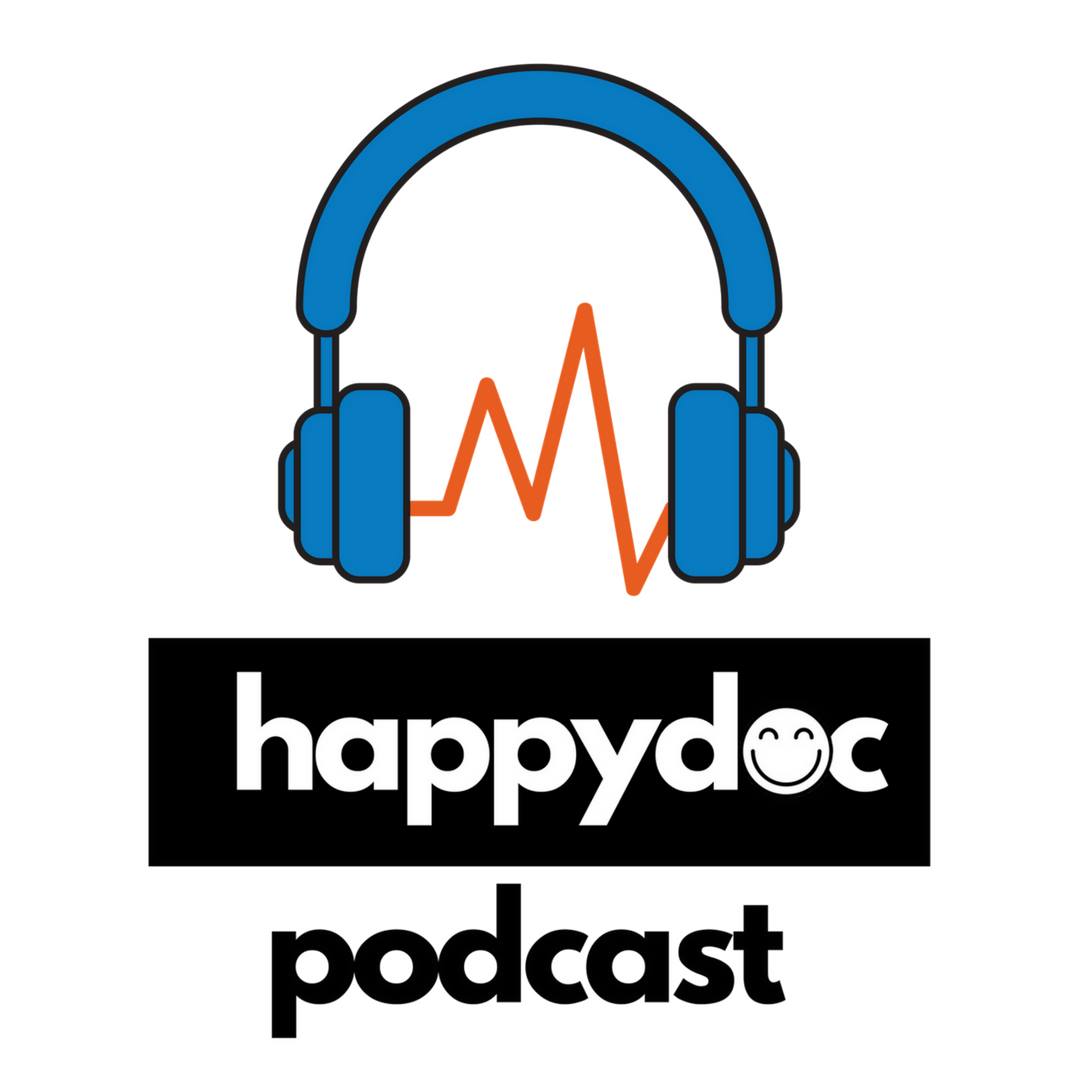
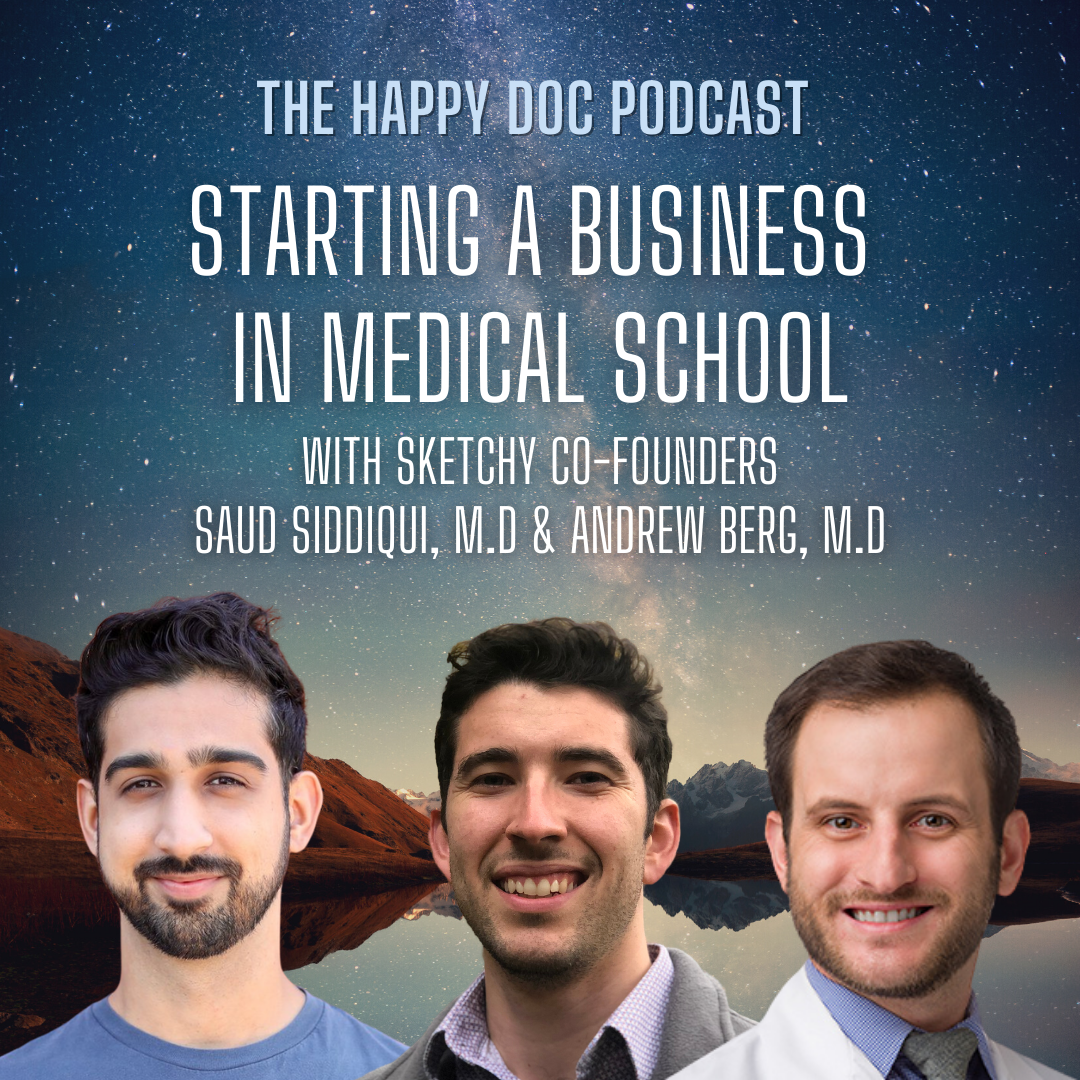
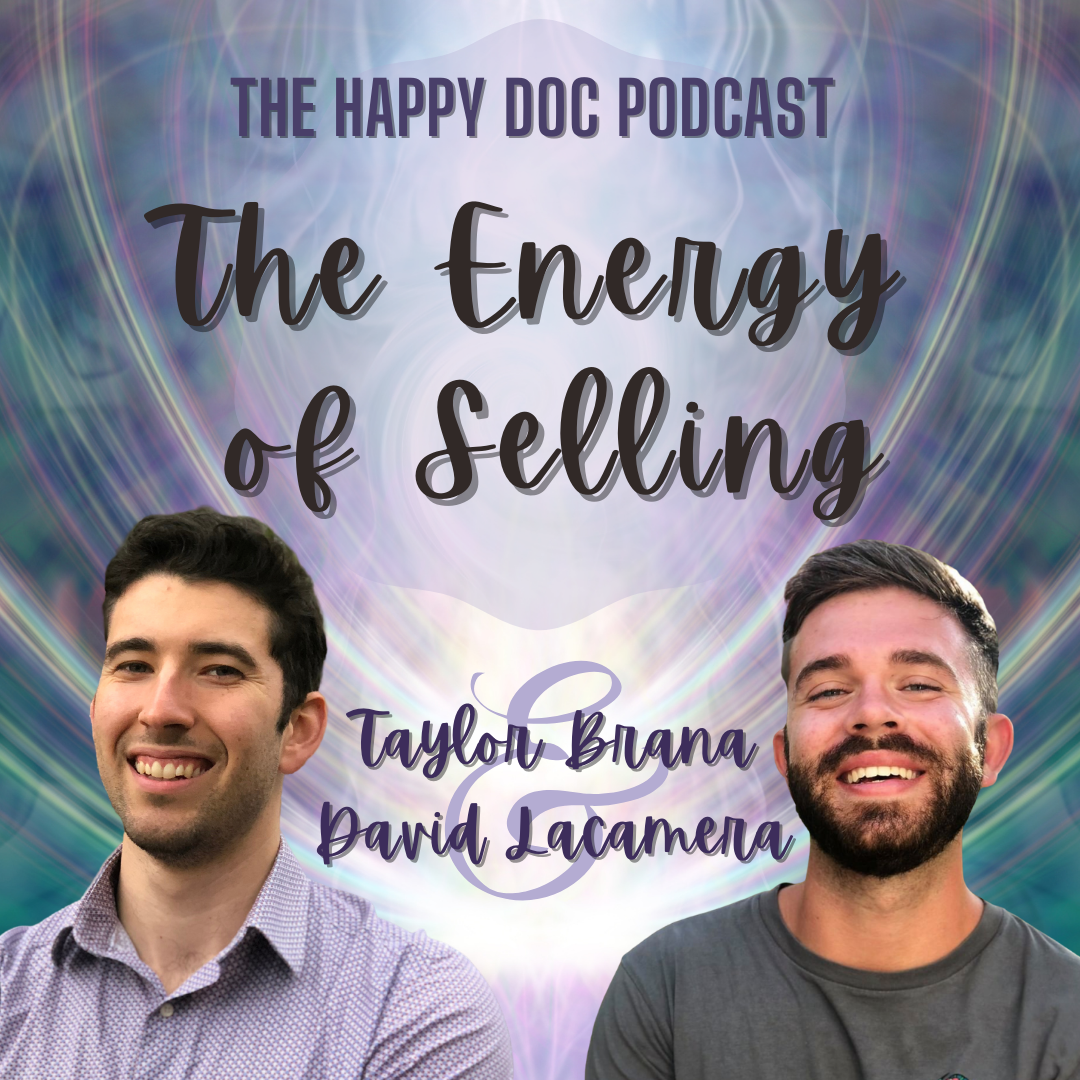
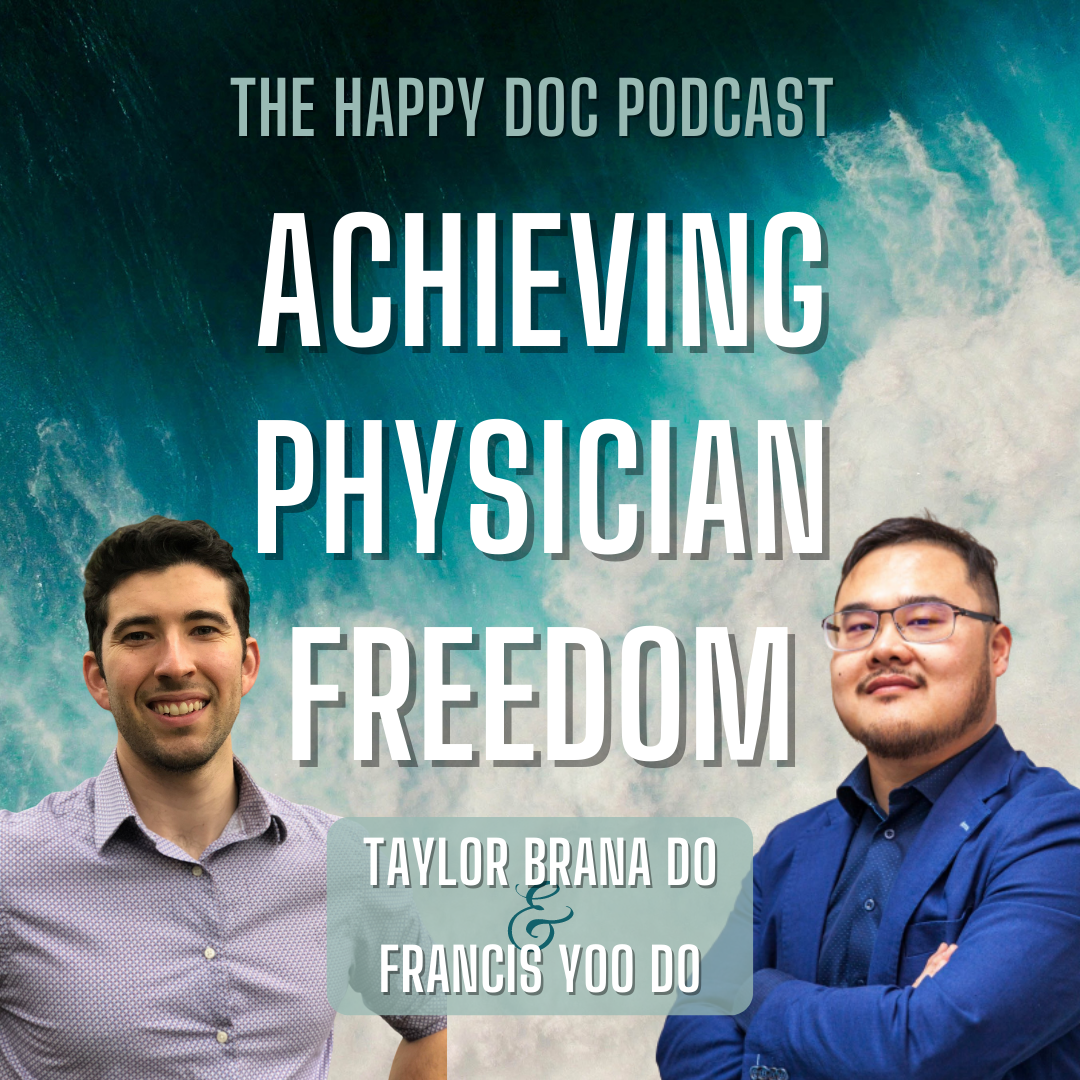
This Post Has 0 Comments